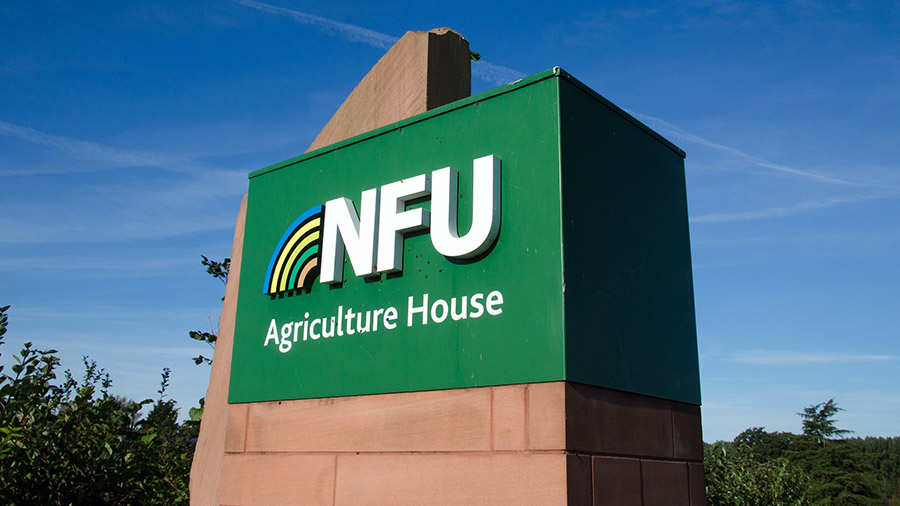Regional jobs ‘at risk’ of redundancy in NFU restructure
 © Tim Scrivener
© Tim Scrivener An organisational restructure at the NFU could see Britain’s biggest farming union make redundancies in the regions, Farmers Weekly understands.
The union, which has 55,000 members, has seven regional offices across England, as well as its headquarters at Stoneleigh Park, Warwickshire.
It also has an external affairs office in London, NFU Cymru headquarters in Powys and the British Agricultural Bureau in Brussels.
See also: NFU membership fees face rise to fill budget gap
However, in the next year, the NFU will be moving to four administrative regions in England – the North, the Midlands, the East and the South – with a staff complement which it says will enable it to deal more efficiently and effectively with the local issues which are important to members.
These include rural crime, infrastructure, impacts of extreme weather patterns and the need to deal with strategic local policy issues, such as local plans dealing with environmental and climate change issues.
Regional offices will be closed or merged into bigger hubs, but the NFU headquarters at Stoneleigh and its London office will remain central to the running of the organisation.
It is unclear how many redundancies could be made, and this will vary from region to region, but it is believed that county advisers will keep their jobs.
The plans to restructure the regional operations were outlined in a virtual presentation to staff on Tuesday 24 January.
A source said: “It is a fairly significant restructuring of the regional operation.”
Another said: “The NFU is trying to make sure that the organisation is financially secure and I think they have found a model to do it.
“All regional staff will be affected in some way or another. They are offering us lots of things we can apply for, but they also might need support staff going forward. It is just a bit of a surprise. It’s more radical than one might have expected.”
But if the proposed changes are made, they may not necessarily have a detrimental impact on farmer members, insisted the source, adding: “It is being done for the good of the organisation”.
55,000-strong membership
The NFU’s 55,000 farming members represent about two-thirds of the agricultural land across England and Wales.
A five-year forecast in April 2022 suggested the union would have a £6.5m deficit in 2027 – prompting a decision to cut costs and increase income.
Minutes from an NFU council meeting revealed that in 2021, the union had incurred a deficit on ordinary activities before tax of £664,000.
Describing itself as the “Voice of British Farming”, the NFU is at the forefront of lobbying government, retailers and supply chain leaders for a better future for British agriculture.
It is understood that the NFU has not ruled out making further changes in the future, considering the difficult economic times.
Although it has strong reserves and does not face an immediate crisis, the union said costs are rising faster than income.
NFU statement
NFU spokesperson said: “The NFU regularly reviews its operations to ensure that it remains the number one trade association for farmers and growers, providing a first-class service for our membership while ensuring the long-term sustainability of the business.
“After a comprehensive internal review, NFU Council has approved proposals to further improve our connection with our members. These include moving to four administrative regions in England, with a staff complement that enables us to deal more efficiently and effectively with the local issues.
“Moreover, by strengthening our commodity boards, creating a series of policy communities to help grassroots members get closer to the big issues impacting their farms and in the establishment of a new Farming, Food & Environment Board, the NFU’s policy formulation and advocacy should be greatly enhanced.
“We are confident these changes will enable the NFU to be more agile and able to deal more effectively with the pace of change impacting farming business today and into the future.”
Article originally published on 24 Jan 2023 and updated on 25 Jan 2023
